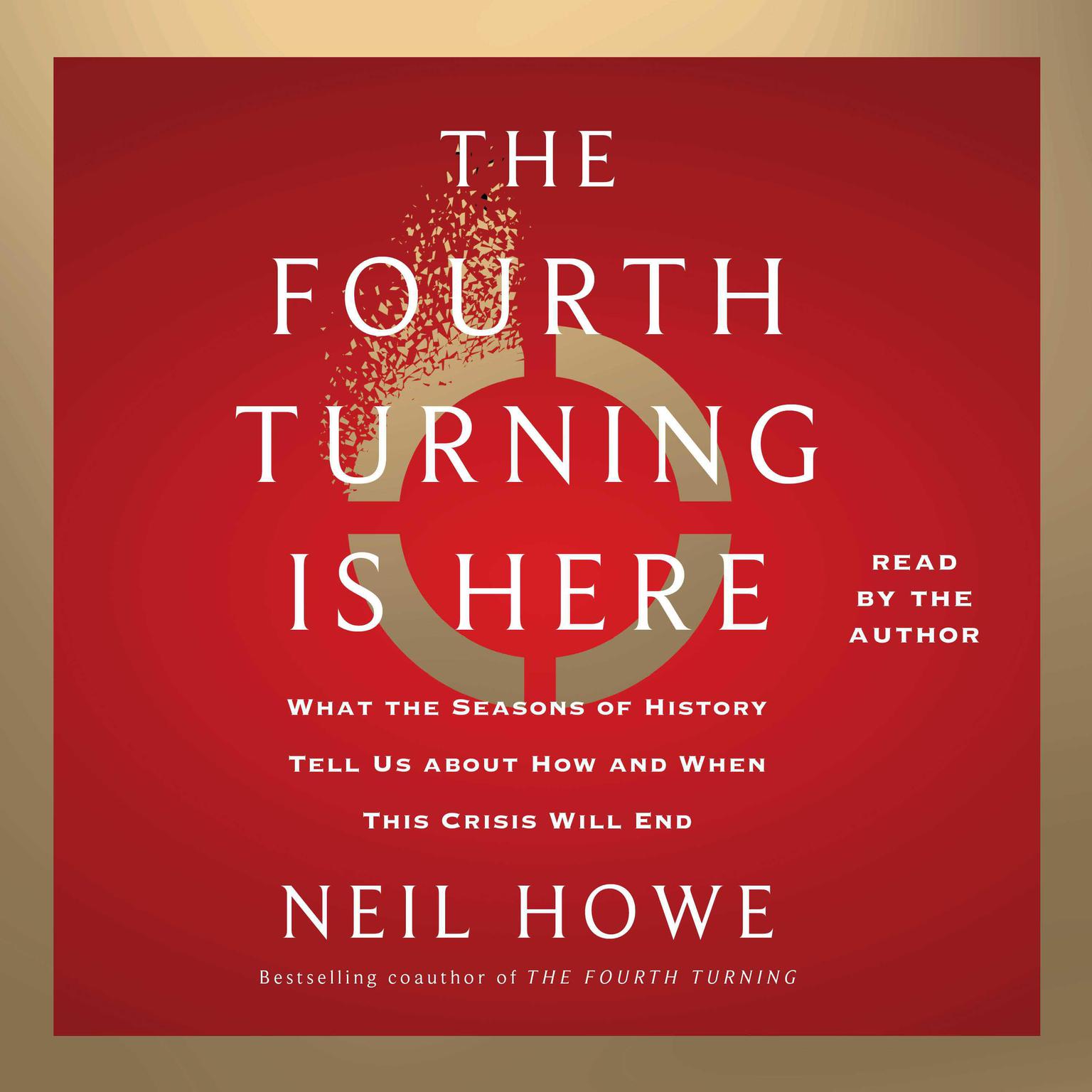Publisher Description
Bestselling author Richard Reeves provides an authoritative account of the internment of more than 120,000 Japanese-Americans and Japanese aliens during World War II Less than three months after Japan bombed Pearl Harbor and inflamed the nation, President Roosevelt signed an executive order declaring parts of four western states to be a war zone operating under military rule. The U.S. Army immediately began rounding up thousands of Japanese-Americans, sometimes giving them less than 24 hours to vacate their houses and farms. For the rest of the war, these victims of war hysteria were imprisoned in primitive camps. In Infamy, the story of this appalling chapter in American history is told more powerfully than ever before. Acclaimed historian Richard Reeves has interviewed survivors, read numerous private letters and memoirs, and combed through archives to deliver a sweeping narrative of this atrocity. Men we usually consider heroes-FDR, Earl Warren, Edward R. Murrow-were in this case villains, but we also learn of many Americans who took great risks to defend the rights of the internees. Most especially, we hear the poignant stories of those who spent years in “war relocation camps,” many of whom suffered this terrible injustice with remarkable grace. Racism, greed, xenophobia, and a thirst for revenge: a dark strand in the American character underlies this story of one of the most shameful episodes in our history. But by recovering the past, Infamy has given voice to those who ultimately helped the nation better understand the true meaning of patriotism.
Download and start listening now!
“The US internment…is a painful and shameful chapter of our history, yet reader James Yaegashi performs this work primarily without rancor. A Japanese-American himself, Yaegashi succinctly tells the story of racial hatred, fear, and greed as American citizens were forced to leave their homes and herded into camps that ranged from primitive to putrid. There is a tinge of pride in his voice when he talks about the loyal Japanese-Americans who willingly submitted to the camps for the greater good of their adopted country. And there is perhaps a touch of anger when Yaegashi tells about the greedy people who preyed on the internees, offering to buy their homes and possessions for pennies.”
—
AudioFile











